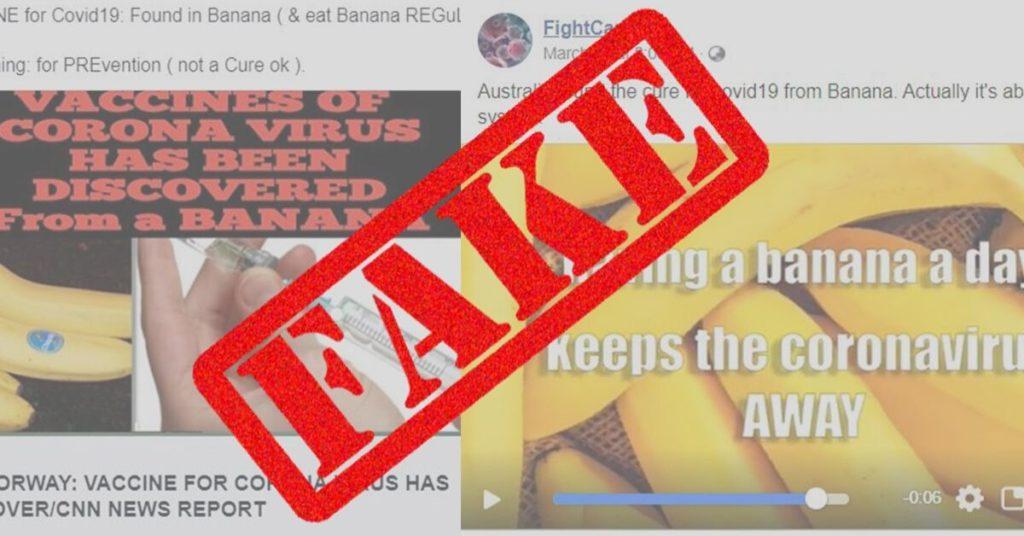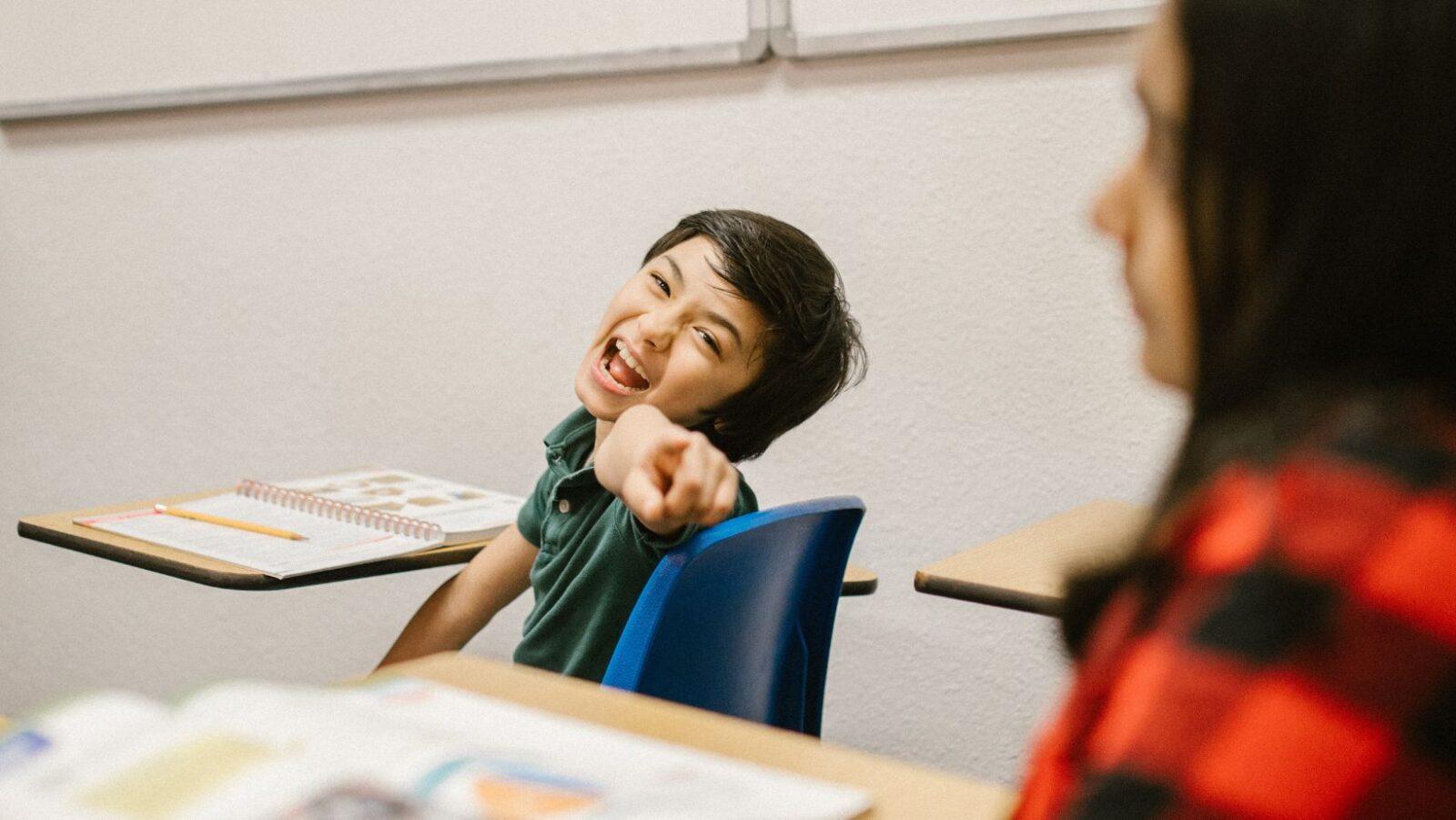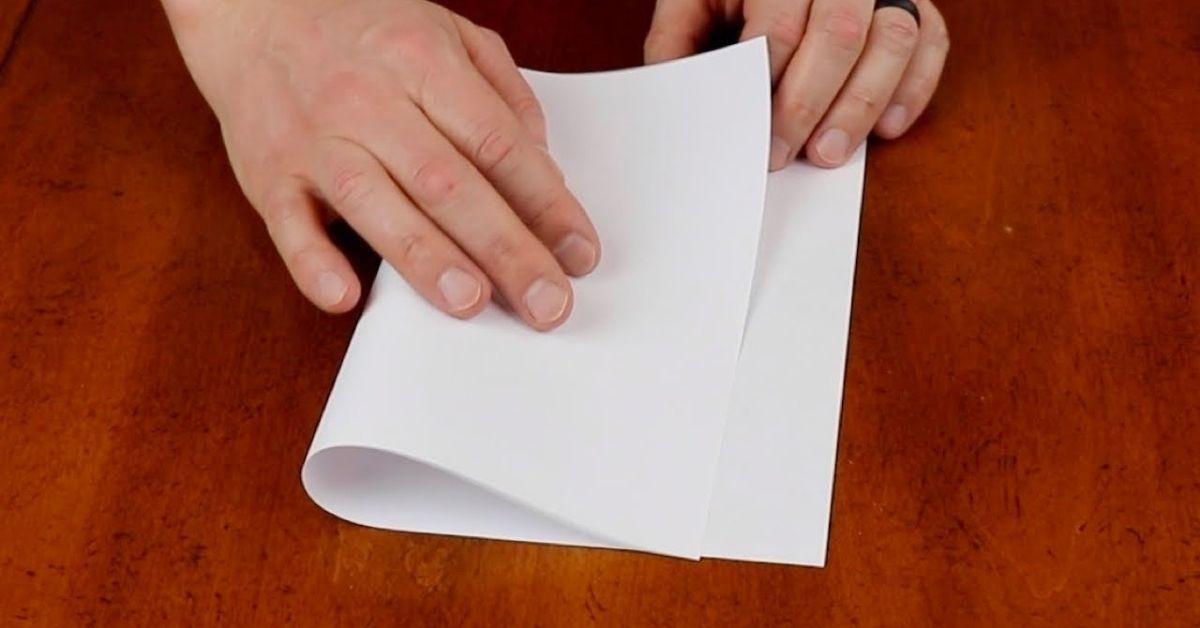Thanks to a deceptively edited video and personal anecdotes from a Philippine public official with no medical expertise, the humble banana has joined the ranks of malunggay and garlic as yet another purported “cure” for COVID-19. The now-viral video claims that a team from Australia’s University of Queensland (UQ) discovered the yellow berry’s anti-coronavirus properties in their newly unveiled research, placing specific focus on its vitamin B6 content. Apparently, this was more than enough to cause a spike in demand, with some Filipino shoppers reporting that their local grocery stores’ shelves had been wiped clean of the fruit. Sadly, a closer look at the truth behind this seemingly amazing discovery reveals that once again, consumers went bananas over a lie.
Peeling back the lies
First, the news clip featured in the video has nothing to do with bananas. While it does feature UQ, it’s actually from an ABC News Australia segment aired in January 2020, talking about the team’s efforts to develop a vaccine. At no point in the segment were bananas or their immunity-boosting properties mentioned.
As for the fruit itself: It’s true that bananas are a decent source of vitamin B6. A crucial component of numerous biochemical reactions in the body, vitamin B6 improves the immune system’s response to pathogens. However, to this day, there is no evidence that vitamin B6 provides ample protection against SARS-CoV-2.
Additionally, simply increasing your intake of a certain type of food will not instantly and magically make you healthier. In the case of bananas, overconsumption may even lead to other health complications.
While a medium-sized banana contains about 0.43 mg of vitamin B6 (about a third of your recommended daily intake), it also has 14 g of sugar and 6 g of starch. In fact, carbohydrates comprise about 93% of the calories in a banana. Despite their fiber content, eating more bananas than necessary could still raise your blood sugar levels.
Having too much vitamin B6 in your body also isn’t a good idea. Going beyond 250 mg (and sometimes, even just 100 mg) every day can result in nausea, dizziness, and increased sensitivity to sunlight. In severe cases, the patient may sustain nerve damage (neuropathy). Their limbs will become numb, their senses will be thrown out of whack, and their ability to walk may be greatly affected.
Don’t go bananas
The best way to avoid falling for fake medical advice? Practice common sense. Think about it: If bananas and all the other “natural” cures truly did work against COVID-19, then experts from credible institutions such as the World Health Organization (WHO) and the Centers for Disease Control and Prevention (CDC) would be recommending them in their regular public bulletins.
It’s understandable that our desire for self-preservation may sometimes trump our ability to think logically. Still, it’s up to us to think critically, and not be misled by tricksters and people pretending to be experts. In these trying times, we simply cannot afford the luxury of monkeying around.
Still remember your 5th-grade science classes? Test your knowledge and see if you still remember these facts and fundamental concepts in human anatomy, biology, botany, and other branches of science. Click here to try the “Are You Smarter Than A Pinoy Fifth-Grader” Challenge.
Follow the hashtag #FlipFacts on Facebook and Instagram to get your daily dose of science trivia!
References
- https://ods.od.nih.gov/factsheets/VitaminB6-HealthProfessional/
- https://theconversation.com/5-ways-nutrition-could-help-your-immune-system-fight-off-the-coronavirus-133356
- https://www.healthline.com/nutrition/bananas-diabetes
- https://www.livescience.com/51920-vitamin-b6.html
- https://www.nationaljewish.org/conditions/coronavirus-covid-19/treatment
- https://www.youtube.com/watch?v=HK7I86wjTUk
Author: Mikael Angelo Francisco
Bitten by the science writing bug, Mikael has years of writing and editorial experience under his belt. As the editor-in-chief of FlipScience, Mikael has sworn to help make science more fun and interesting for geeky readers and casual audiences alike.










